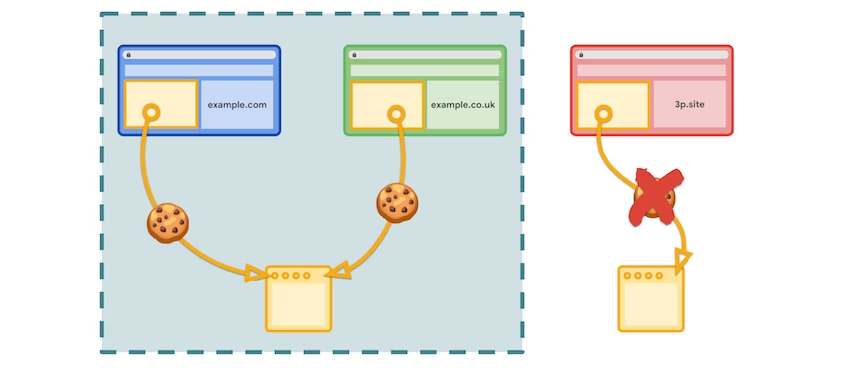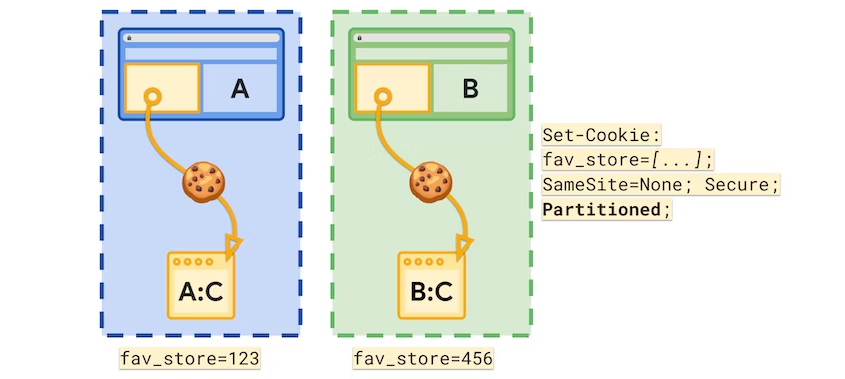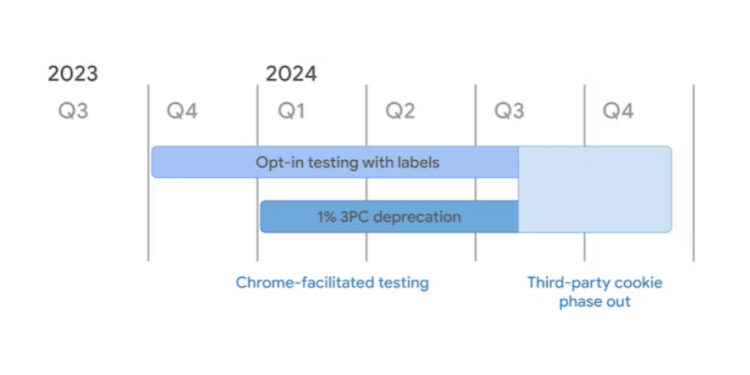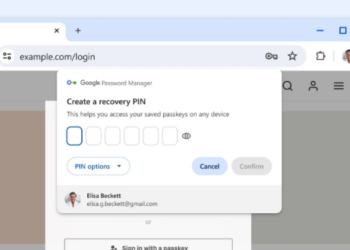In a significant move towards user privacy, Google has declared its intent to begin disabling third-party cookies on its Chrome browser for a subset of users.
Starting from Q1 2024, third-party cookies will be disabled for 1% of Chrome users as part of a preliminary testing phase. This figure is projected to encompass all Chrome users by Q3 2024, contingent upon settling any competition-related concerns raised by the UK’s Competition and Markets Authority (CMA).

This development aligns with Google’s overarching Privacy Sandbox initiative, which aims to curtail cross-site tracking while preserving functionalities essential for sustaining freely accessible online content and services.
Third-party cookies play a dual role. While they support pivotal operations like sign-ins, fraud protection, and advertising, they also pave the way for cross-site tracking.

Marketers should anticipate that by early 2024, a growing fraction of Chrome users visiting their websites will have third-party cookies disabled. This test phase is set to stretch until Q3 2024. Subsequent to liaising with the CMA and addressing potential competition issues, Google envisages rolling out the disabling feature for the wider Chrome user base.
The move towards enhanced user privacy is a double-edged sword. While it bolsters user trust, it demands marketers to innovate and adapt to these emerging dynamics, ensuring that targeted advertising remains effective and efficient.




















































